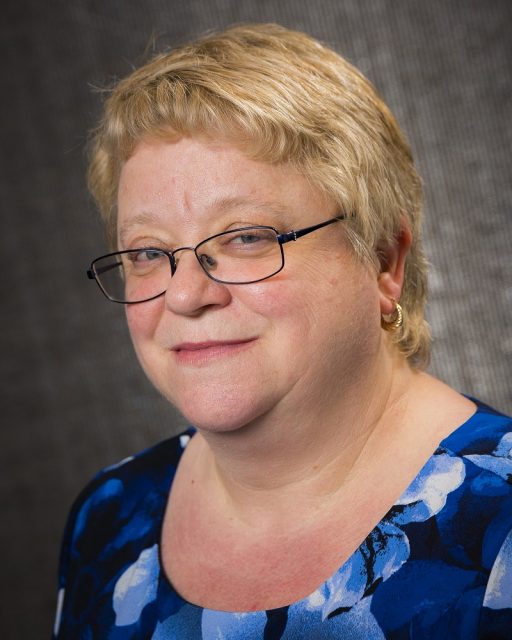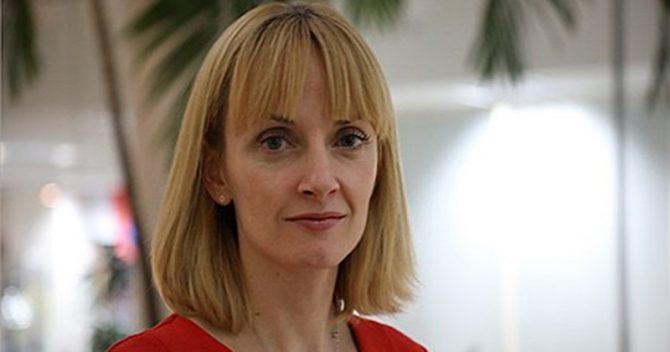The government will need to be much quicker delivering what it announced in the Budget last week than its record so far, writes Stephen Evans
Times have changed. Last week, we already knew most of the measures in the Budget in advance through Treasury press releases. But in 1947 Hugh Dalton resigned as Chancellor because a newspaper published leaked details of the Budget before it had been announced in the House of Commons!
The result of how we do things in 2021 is that there wasn’t much which was new last week that we didn’t already know about.
However, the Budget did shed light on the approach the government is taking and what the future might hold.
‘Right policies, right scale’
The Budget confirmed that the Plan for Jobs, first published in July 2020, is the government’s main answer to unemployment.
The Office for Budget Responsibility expects unemployment to peak at 6.5 per cent, which is lower than previously expected and testament to the success of the furlough scheme – now extended to September 2021.
However, that still means almost a million more people out of work than before the pandemic. Helping people back to work is going to be a big focus for us all for years to come.
Our research shows it takes three to seven years for employment to recover after recessions. Long-term unemployment is already up by 25 per cent on last year.
Government measures to tackle this include Kickstart (which is funding jobs for six months for young people at risk of unemployment) and Restart (which will help long-term unemployed people back to work).
As pre-announced, the Budget also gave extra funding for traineeships in 2021-22 and increased incentives for employers to take on apprentices.
From my analysis, the government’s got many of the right policies and of broadly the right scale.
‘Delivery must be quicker’
But the challenge is in delivery. It took seven months to even decide which providers to allocate the extra traineeship money announced in July 2020.
We’ll need to be much quicker than that with the new money announced last week. Young people need help now.
And I worry that we risk having a list of initiatives rather than a coherent offer for young people and adults.
For example, we at the Learning and Work Institute have argued for a Youth Guarantee so every young person is offered a job, training place or apprenticeship.
The other thing to bear in mind is that Kickstart is currently due to close for new entrants in December 2021.
That’s just three months after furlough will end and likely a year before youth long-term unemployment will peak. Surely we’ll see an extension to Kickstart at some point?
‘More investment still needed’
The other key theme of the Budget was about building the economy of the future – looking beyond the pandemic. Here, there was lots of talk of green investment, infrastructure and levelling up.
All fairly sensible, particularly given economic growth has been poor since the last recession. Unless we boost growth and productivity, we won’t have rising prosperity or extra resources for public services.
Skills drive economic growth, and have much wider benefits for health, wellbeing and citizenship.
The good news is that, after a decade of cuts, there is already new money in the pipeline, including in the form of the National Skills Fund.
But this won’t get us back to 2010 levels of investment at the end of the New Labour government, which weren’t high enough anyway.
And we need much better joining up, for example, by ringfencing jobs and apprenticeships for young people and unemployed people.
It also means investing in public services such as social care, creating jobs where they’re desperately needed.
That all needs to be underpinned by a long-term investment plan in skills – from basic skills to levels 4 to 5 and beyond.
All told, the Chancellor has done broadly the right things in terms of emergency support, but we need a tighter focus on delivery.
And the ambitions for a future economy are good, but need to be backed by increased spending in learning, skills and retraining.
All eyes on the autumn spending review to see if it delivers the goods…






